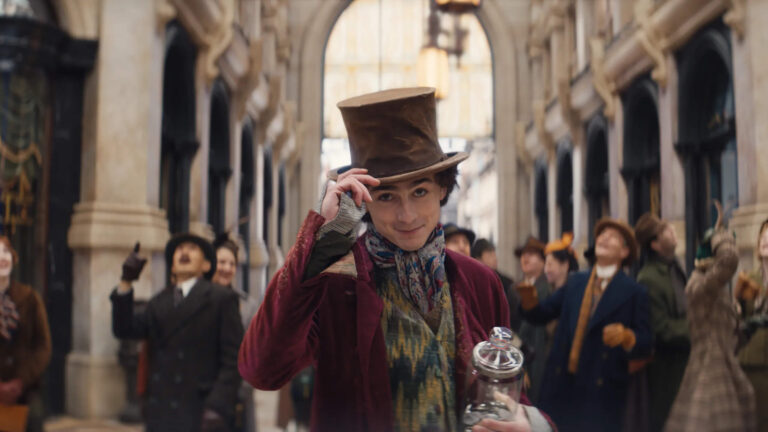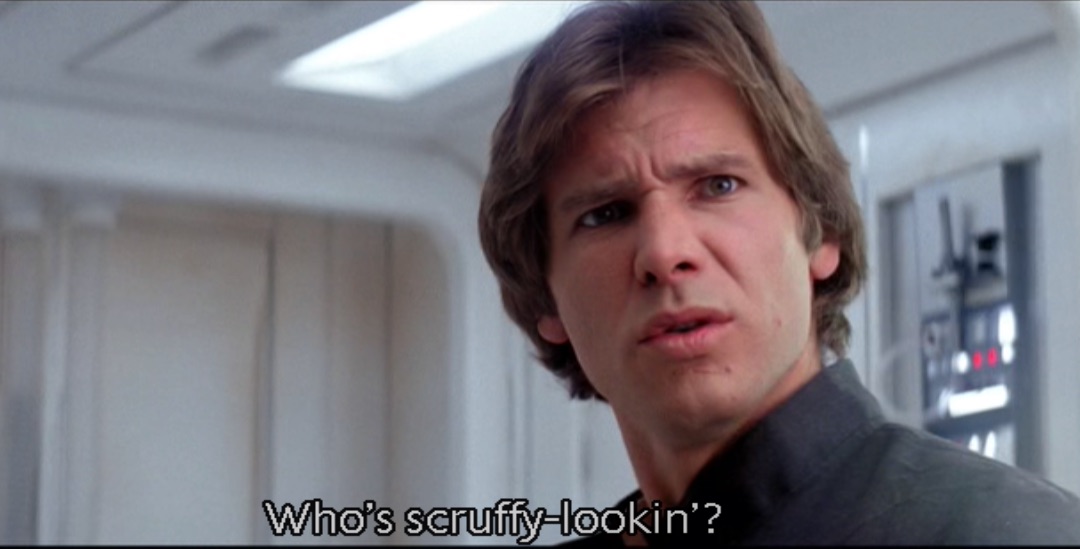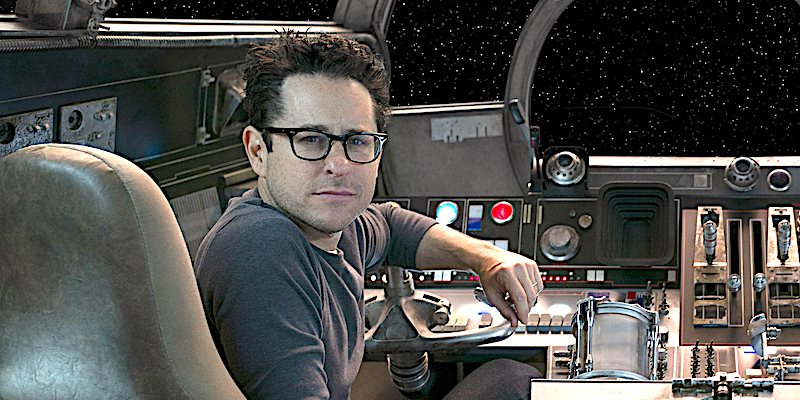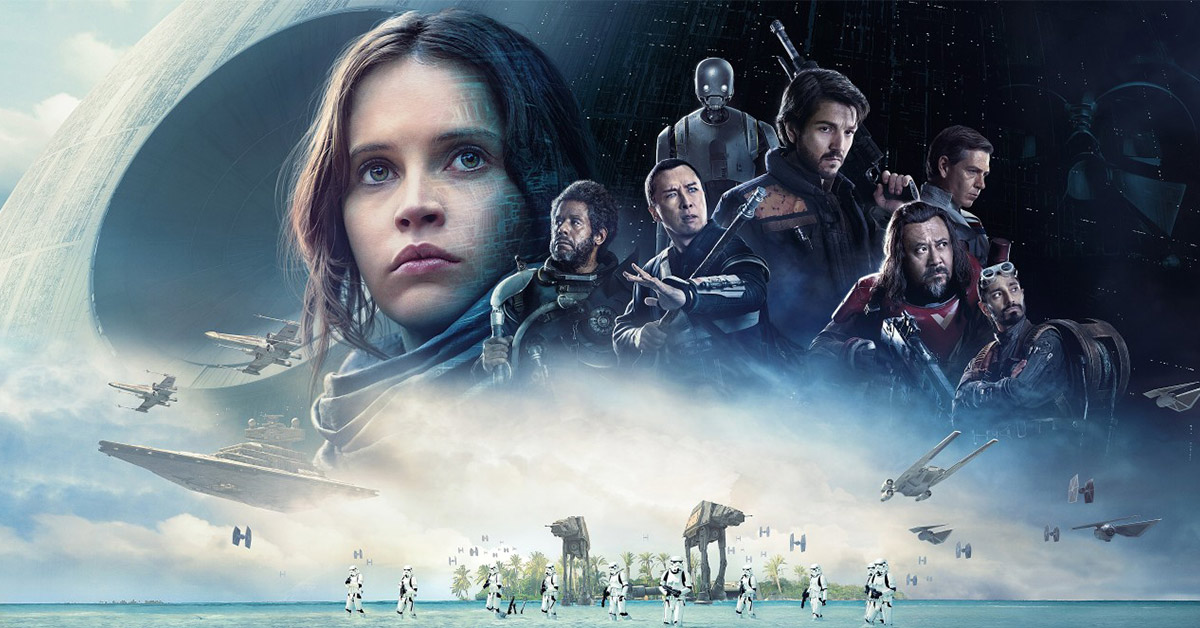It's easy to poke a cynical finger at Hollywood and reduce it to an impersonal institution...a factory of narrative product...the ultimate groupthink entity. And yes, that's all that I'm saying, that it's easy. I'm not implying that we shouldn't do so. In fact, I'm advocating that we continue to. Hollywood has been around for a hundred years, it will survive in one shape or another until the day world audiences stop craving stories...which will be never. So we should throw (informed) sticks and (intelligent) stones at Hollywood. It's not a glass house, and we should constantly challenge it to do better.
I think Hollywood is at this very moment jumping on bandwagons more eagerly...if not desperately...than ever before. Comic book movies. Reboots. Remakes. Relentless adaptations of young adult novels. Sequels nobody asked for. Sequels that some people asked for joyfully only to be betrayed and have their hearts broken (I'm looking at you Tom Rothman, Skip Woods and John Moore, who are chiefly responsible for the unforgivably lazy, dull and atrociously-executed cinematic abomination I don't even want to mention by name).
But these wells can only produce so much before they start to go dry...or at least need to be refilled...so what's the next bandwagon? It's looking like it might be prequels.
Kyle Buchanan wrote an interesting piece on this over at Vulture.com. I'm curious to see what can be done with prequels, because for my money they're inherently problematic. If you're making a prequel it's only because you already succeeded in telling an engaging story that worked, and unlike with a sequel...in which technically you're free to do anything you want and take your characters anywhere...with a prequel you're a little bit trapped. Your end point can't contradict the opening of the story that comes after, the story that you've already told. And how do you create genuine emotional stakes when you already know what ultimately happens to your protagonist? You can't, at least not in the same way, so you have to make sure that you're telling a story that isn't compelling because it's driving toward a particular unknowable ending but because it's offering a journey that is fascinating. A prequel has to be about the ride, not the destination, because we already know the destination.
I think some blanks shouldn't be filled in. Darth Vader isn't an iconic scary badass once we learn he's really just an aged version of a whiny petulant kid who has been sulking his entire life. Ditto Hannibal Lecter. Sometimes the unknowable is better. But then again, I pegged Bates Motel to be a colossal misstep and it's being received strongly (haven't seen it myself so can't comment). Sometimes it is interesting to learn how and why characters became who they are.
Bottom line, you can learn a lot about the rules of narrative architecture, storytelling and fulfilling audience expectations by deconstructing prequels...seeing how they link up to the initial stories. What are the limitations, and can the limitations be positive? Can they push you to be more creative?
When should prequels be explored and when shouldn't they be explored? What are the good prequels? This is a timely question for screenwriters to explore given the current climate, so please weigh in in the comments below.
Read More: How to Write a Great Prequel
Tags
Get Our Screenwriting Newsletter!
Get weekly writing inspiration delivered to your inbox - including industry news, popular articles, and more!


























